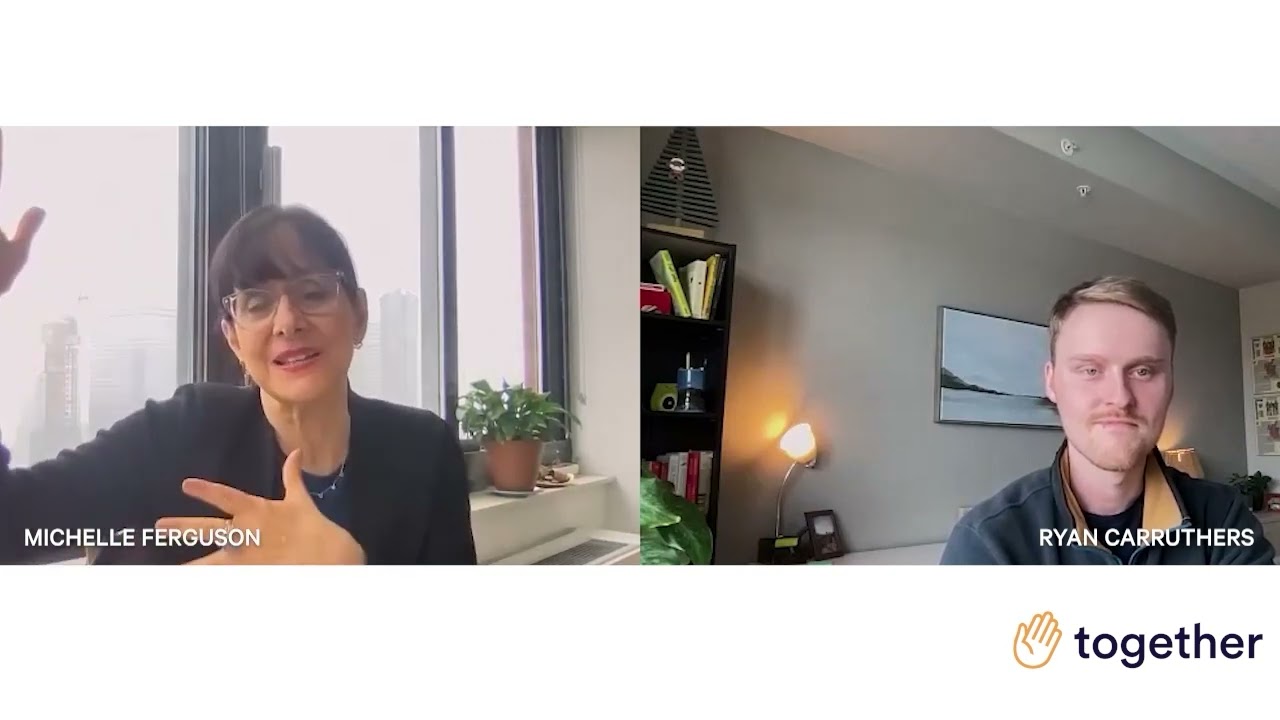EDI and membership
Promoting and embedding EDI is important for membership organisations to create a sense of community and belonging, and foster a culture of respect, understanding and acceptance.
Likewise, organisations with a diverse membership body benefit from a wider array of world views, which can lead to increased innovation and creativity. On this page you can find advice, guidance and good practice examples related to membership EDI considerations, including collecting and publishing membership EDI data, running mentorship programmes and EDI expectations for members.

This month's recommended membership resource
This article by CMI outlines the six questions all potential mentors should ask themselves to ensure they are in the right mindset to be a mentor and to help determine what form their mentoring will take.
Membership EDI data
These resources provide advice and guidance related to collecting and publishing membership EDI data. Use the left column below to change categories. See the right column for a summary and link to each resource.
Here you will find resources providing general advice and guidance related to collecting membership EDI data. See below for a breakdown of each resource.
Royal Statistical Society (RSS) seeks help from members to improve diversity monitoring
This news article from RSS outlines how they have made it possible to record personal characteristics in My RSS, and the actions they are taking to encourage members to complete their membership profiles with the purpose of using this data to help improve EDI. This is a good example of how one learned society has made a statement explaining why collecting this membership EDI data is important.
The British Psychological Society (BPS) EDI Data – Frequently Asked Questions
This FAQ page from BPS is a good example of how one learned society has addressed some of the most pressing questions members have when asked to provide EDI data about themselves.
Here you will find examples of how other organisations, including other learned societies, have reported on their EDI membership data and used this to influence their EDI plans. See below for a breakdown of each resource.
Society of Legal Scholars (SLS) EDI committee – report on equality membership survey
This report details the current membership profile of SLS, as reported in a survey administered on behalf of their EDI committee in April and May 2020. This is a good example of how one learned society has examined and analysed the EDI data from their membership survey and how they are planning to use this to further their EDI work.
Socio-Legal Studies Association (SLSA) equality, diversity & inclusion survey report
SLSA’s report on the findings of their equality, diversity and inclusivity survey of their members walks through what kinds of data were sought, who responded, what the findings show and the next steps. This is a good example of how one learned society has examined and analysed the EDI data from their membership survey and how they are planning to use this to further their EDI work.
SLSA – precarious employment survey report
This report examines data collected from SLSA members about their experiences of precarious employment. The purpose was to build a picture of the challenges precariously employed colleagues face and to identify what interventions and support, financial or otherwise, could be advocated for or offered by the SLSA. This is a good example of how one learned society has engaged with its members to get a better idea of the barriers they face progressing professionally and how they are planning to use this to support their members and respond to their specific needs.
Mentorship
These resources provide advice and guidance related to setting up mentorship programmes, and examples of and support for existing mentorship programmes. Use the left column below to change categories. See the right column for a summary and link to each resource.
Here you will find a number of resources providing general advice and guidance related to setting up a mentorship programme. See below for a breakdown of each resource.
Developing a mentoring scheme – a checklist
Mentoring is an increasingly common developmental approach that can produce excellent results. Its popularity can perhaps be accounted for by virtue of it being a low-cost yet highly personalised approach to development. This checklist by the Chartered Management Institute (CMI) focusses on formal, organisational schemes and describes what to consider and the steps involved in developing a mentoring scheme. Although it is focussed mainly on mentoring schemes within businesses, the ideas and general advice on ensuring you create a successful and supportive mentoring scheme is transferable.
The six difficult questions you need to answer before you become a mentor
Being a mentor can be incredibly rewarding for both parties, helping both mentor and mentee to develop and grow. It also comes with a lot of responsibility. This article by CMI outlines the six questions all potential mentors should ask themselves to ensure they are in the right mindset to be a mentor and to help determine what form their mentoring will take.
Start a diversity and inclusion mentorship program: a guide
To meaningfully support diversity, equity, inclusion, and belonging in the workplace, organisations should start formal mentoring programmes, which this guide aims to support you to do. Although it is aimed at mentoring within business (and is mainly US focussed) there is some useful general advice on creating mentorship programmes – including a breakdown of the different types of mentorships, including reverse mentoring, sponsorship, and employee resources groups.
Here you will find resources that have been created to support existing mentoring programmes which could be useful to consider when creating your own. See below for a breakdown of each resource.
Aurora mentoring crib sheet for mentors
A brief mentoring guidance crib sheet for those who sign up as mentors for Advance HE’s Aurora mentoring programme. Although it is designed for a specific mentoring programme, the information and guidance it provides can be adapted to help your own mentors.
First Aurora mentoring checklist
During the first mentorship meeting it is important to focus on building a rapport, but also to establish a formal working relationship that is driven by the mentee, which this checklist is designed to help facilitate. Although this checklist is designed specifically for the Aurora mentorship programme from Advance HE, the checklist itself can be adapted to support your own mentorship programme.
Sample Aurora mentoring agreement
An example of the mentoring agreement between mentor and mentee on Advance HE’s Aurora mentoring programme. This is a good example of how you might wish to approach a mentoring agreement for your own mentoring scheme.
Here you will find examples of how other organisations, including other learned societies, have developed mentorship programmes and how this relates to their EDI work. See below for a breakdown of each resource.
Royal Economic Society (RES) mentoring and support sub-committee
The RES’ Mentoring and Support sub-committee is responsible for supporting women in their careers. It does so through mentoring workshops, supporting departments applying for Athena Swan awards, and promoting links with similar groups in other academic disciplines. The committee is responsive to approaches from economists concerned about gender imbalance. This is a good example of how one learned society is using mentoring to support EDI initiatives.
Advance HE Aurora mentoring
Aurora is the Advance HE’s leadership development initiative for women up to senior lecturer and mid-level professional services. Aurora is designed to inspire and encourage women in academic and professional roles in higher education to consider leadership in their career and develop themselves as leaders, providing a practical learning experience including mentorship. The mentor’s role is to encourage and support participants, advise on institutional processes and culture, and highlight both challenges and paths to success.
The two videos embedded below discuss reverse mentoring. The first explores why reverse mentoring is an effective tool in EDI initiatives, whilst the second provides six tips for how to make reverse mentorship work. Although this is coming from a business angle, the advice can be applied to your own mentorship schemes.
Why reverse mentoring is so powerful for diversity and inclusion initiatives | Michelle Ferguson
How reverse mentorship can help create better leaders | The Way We Work, a TED series
EDI advice and expectations for members
These resources provide EDI advice and expectations for members. Use the left column below to change categories. See the right column for a summary and link to each resource.
Here you will find resources providing general advice and guidance on EDI advice and expectations for members. See below for a breakdown of each resource.
Issues for British Sociological Association (BSA) members
The issues for BSA members webpage provides guidelines that make members aware of issues regarding professional conduct that may arise in their work. While they are not exhaustive, these guidelines point to a set of professional obligations that members should normally adhere to as principles for guiding their conduct. This is a good example of how one learned society is supporting members to think about EDI in their work and everyday research settings.

